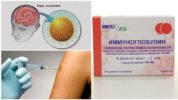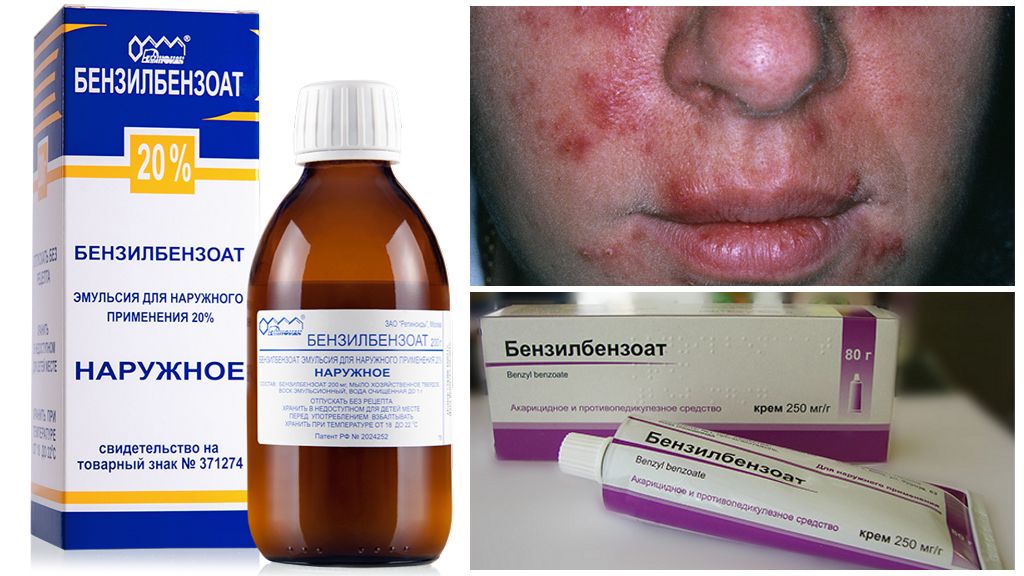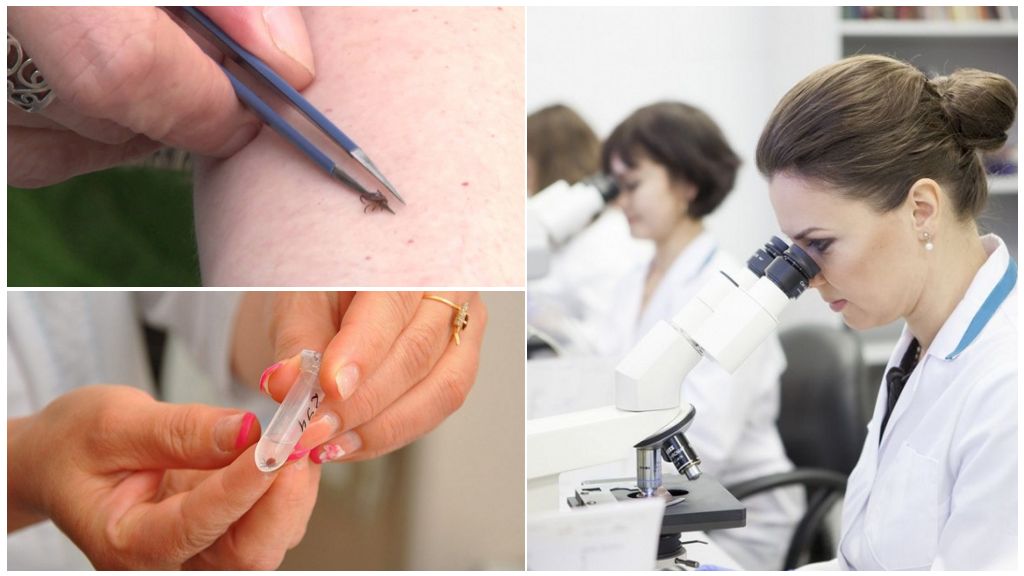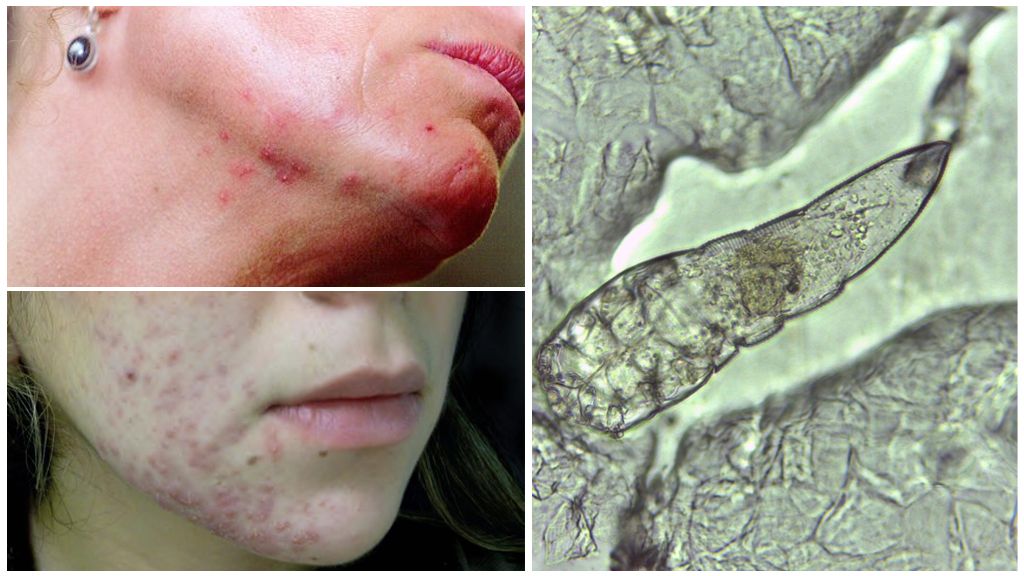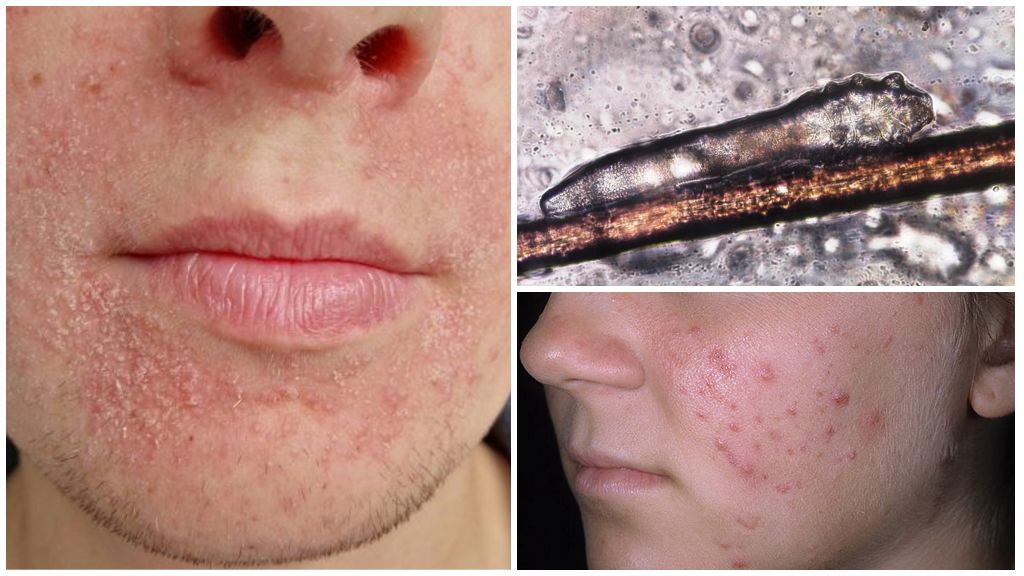- Tick-borne encephalitis in humans
- Effects of encephalitis
- Tick-borne encephalitis vaccine
The effects of tick-borne encephalitis affect the functioning of the brain, central nervous system. A person who has been ill once can fight his entire life with disorders of the musculoskeletal system, mental disorders, decreased visual acuity, and hearing. Complications of tick-borne encephalitis occur with improper treatment of the disease, lack of therapy, weak immunity.
General information
Tick-borne encephalitis - viral disease transmitted by tick bite. It is characterized by inflammation of the brain, dysfunction of the central nervous system. Infection occurs when the parasite's blood enters the wound during a bite. Often this situation occurs when the wrong tick removalwhen the head comes off, remains under the skin.
The virus is initially localized at the site of the bite, then gradually enters the bloodstream. Destroys red bodies, reduces hemoglobin, worsens overall well-being.
Important!
Acute symptoms of the disease appear on average after 14 days, but with strong immunity incubation period may last up to 2 months.
A vivid clinical picture is observed for 5-7 days, then there is an improvement in well-being. In most cases, the disease ends there, but with a weak immune system, the virus continues to progress. In the absence of visible symptoms of the disease, it affects the central nervous system, brain, muscles. Repeated exacerbation is observed after 10-20 days, manifests itself with greater force.
The favorable outcome depends on several factors:
- timely request for help;
- qualifications of specialists;
- used drugs;
- strength of one's own immunity.
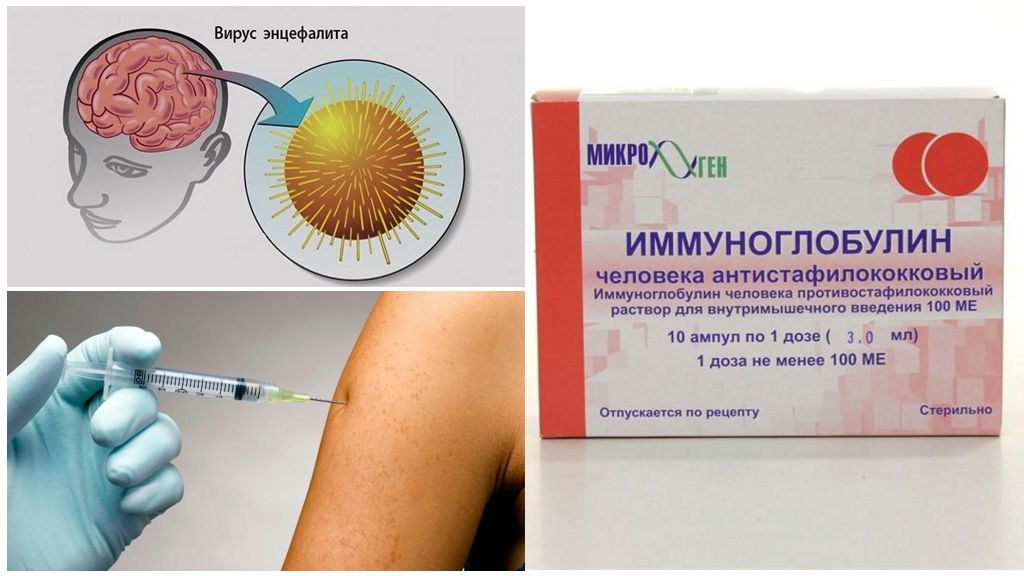
There is no special medicine for tick-borne encephalitis. Therapeutic efforts are aimed at strengthening the body's defenses, eliminating the symptoms of intoxication. If no more than 72 hours have passed after a tick bite, a human immunoglobulinenhancing the function of the immune system. Specific prophylaxis is vaccination. The full course consists of 3 vaccines. Protection is maintained for 3 years. Efficiency 95%.
Symptoms and treatment of encephalitis
The first manifestations of the disease resemble the flu:
- muscle aches;
- high body temperature;
- weakness;
- headache;
- dizziness;
- nausea;
- vomiting
Tick-borne encephalitis treatment is symptomatic. It facilitates the course of the disease taking antiviral drugs. After 5-7 days, relief comes, but the likelihood of disease progression remains.
Signs of the second phase of tick-borne infection:
- migraine;
- violation of coordination of movement;
- speech retardation;
- impaired vision, hearing;
- stiff neck muscles;
- motor impairment;
- mental disorders;
- paralysis.
On a note!
Treatment of tick-borne infection is carried out in a hospital. A person is administered drugs that eliminate the symptoms of intoxication, antiviral, supportive. Symptomatic therapy is carried out for headache, sleep disturbance, and other unpleasant manifestations of the disease.
The effects of tick-borne encephalitis in humans
In most cases, the disease stops at the initial stage of development. After acute symptoms, relief comes. Immunity produces antibodies, stops the pathological process. In other situations, encephalitis continues to progress, affecting vital systems, organs.

Consequences in adults, children:
- frequent, prolonged, severe headache;
- Dizziness
- meningitis;
- impaired speech, hearing;
- weakening of visual acuity;
- paresis;
- paralysis;
- gait change;
- violation of coordination of movement;
- fatigue, low ability to work;
- developmental delay, dementia;
- memory impairment;
- urinary incontinence, feces;
- mental disorders;
- hallucinations;
- splitting of consciousness;
- irritability, aggressiveness.
Important!
Severe forms of tick-borne encephalitis lead to dementia, disability, paralysis, death. In most cases, the disease ends in death with untimely seeking help from specialists.
Complication prevention
The carriers of infection are rodents, wild animals, birds, spread the virus ixodid ticks. Dwell they are everywhere in tall grass, lower branches of shrubs, rotten foliage. You can pick up a tick in the forest, near ponds, near the house, city park, square.
To prevent infection with a dangerous disease, it is necessary to observe elementary rules of behavior:
- do not visit particularly dangerous places in tick activity season - May June;
- wear protective clothing;
- to use repellents;
- inspect the body every 2 hours while in nature, carefully after returning home.
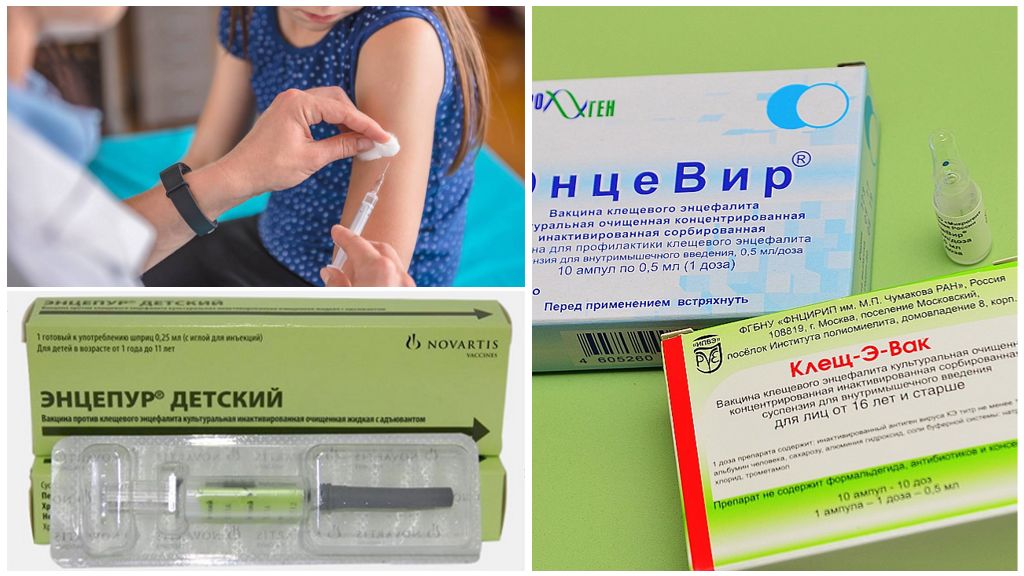
When the risk of tick-borne encephalitis is recommended vaccination. For prevention use drugs of domestic, foreign production. The first vaccination is recommended 2 weeks before the start of tick activity. The second vaccine is administered after a month, the third - after 1 year. Protection lasts an average of 3 years.
Important!
After a bite You must immediately contact the emergency room. The tick after extraction is sent to study, the victim is injected with immunoglobulin, which prevents the development of complications. If more than 72 hours have passed after the bite, it is not advisable to administer immunoglobulin.
Rehabilitation after complications
If the disease proceeds with complications, the central nervous system and the brain suffer. You have to deal with serious consequences all your life. What kind of measures to apply depends on the variety of symptoms.
- With brain damage, mental disorders, a regular visit to a psychiatrist, psychologist, neurologist is indicated.
- In case of visual impairment, hearing impairment, the support of a laryngologist, optometrist will be required.
- Various private clinics offer rehabilitation techniques for violation of the functions of the musculoskeletal system.
After a mild form of the disease, the consequences disappear after a few weeks, with a severe form of tick-borne encephalitis, recovery occurs in 2-4 months. To eliminate serious complications, several years of intensive rehabilitation work are required.
